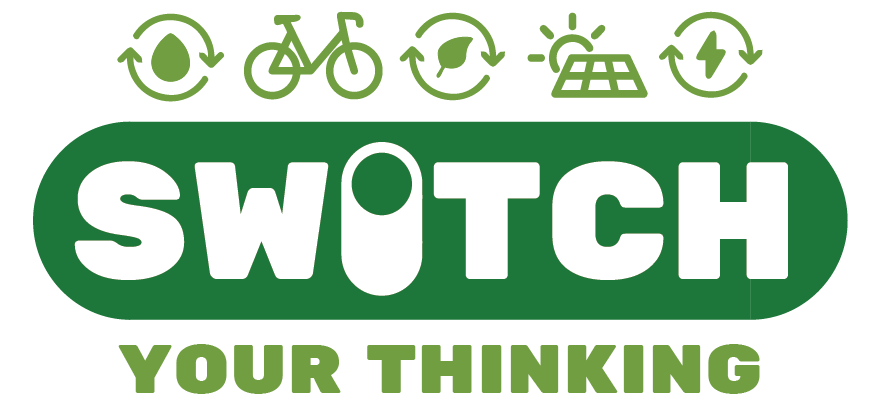Get your calendars out and get ready, the way we use plastic is about to change. From 1 July Western Australia will introduce a ban on light weight plastic bags.
On 5 June United Nations World Environment Day will “Beat Plastic Pollution”. Since 1974 World Environment Day has been the UN’s most important day for encouraging worldwide awareness and action for the protection of our environment.
While plastic has many valuable uses, we have become reliant on single-use or disposable plastic – with severe environmental consequences.
By switching our thinking about how we use, produce and dispose of plastic, we can turn the tide on plastic pollution.
Why are we targeting plastic?
What do Heath Ledger, Claire Danes, Kevin Hart, Pink, Chris Pratt, Kourtney Kardashian and Rose Byrne all have in common? They were all born in 1979 – the year single use plastic bags started circulating. We’ve come a long way in that time, now we use over one trillion a year!
Since 1979 every single plastic bag handed out is still in existence and they’re turning up with alarming consequences. Plastic bags are recognised as causing mass flooding in Bangladesh and garbage patch the size of Texas in the Pacific Ocean, they’ve also become a nuisance in the furthest reaches of our planet including Antarctica and the top of Mount Everest! This caused the Indian state Sikkim to ban plastic bags in 1998 and Kenya to follow suit last year.
What can you do?
1. Practice makes permanent. Have a practice run bringing your reusable bags to the shops this month. It’s likely you’ll slip up a few times, and it’s a great time to make those mistakes now before you’re charged for them at the checkout!
2. Stream a doco. A library card gives you access to a great range of documentaries from the comfort of your own home. Check out Kanopy to get started. If you don’t have a library card sign up is free, or you can get on Netflix or Stan to learn more about our amazing oceans. Some of the most popular documentaries about plastic problems include Bag it, Trashed, Tapped, the Clean Bin Project and Plastic Paradise.
3. Get behind the keyboard. Pledge your commitment to keep plastic away from our wildlife, off our beaches and out of the ocean using #BeatPlasticPollution #CleanSeas #WorldEnvironmentDay on June 5.
